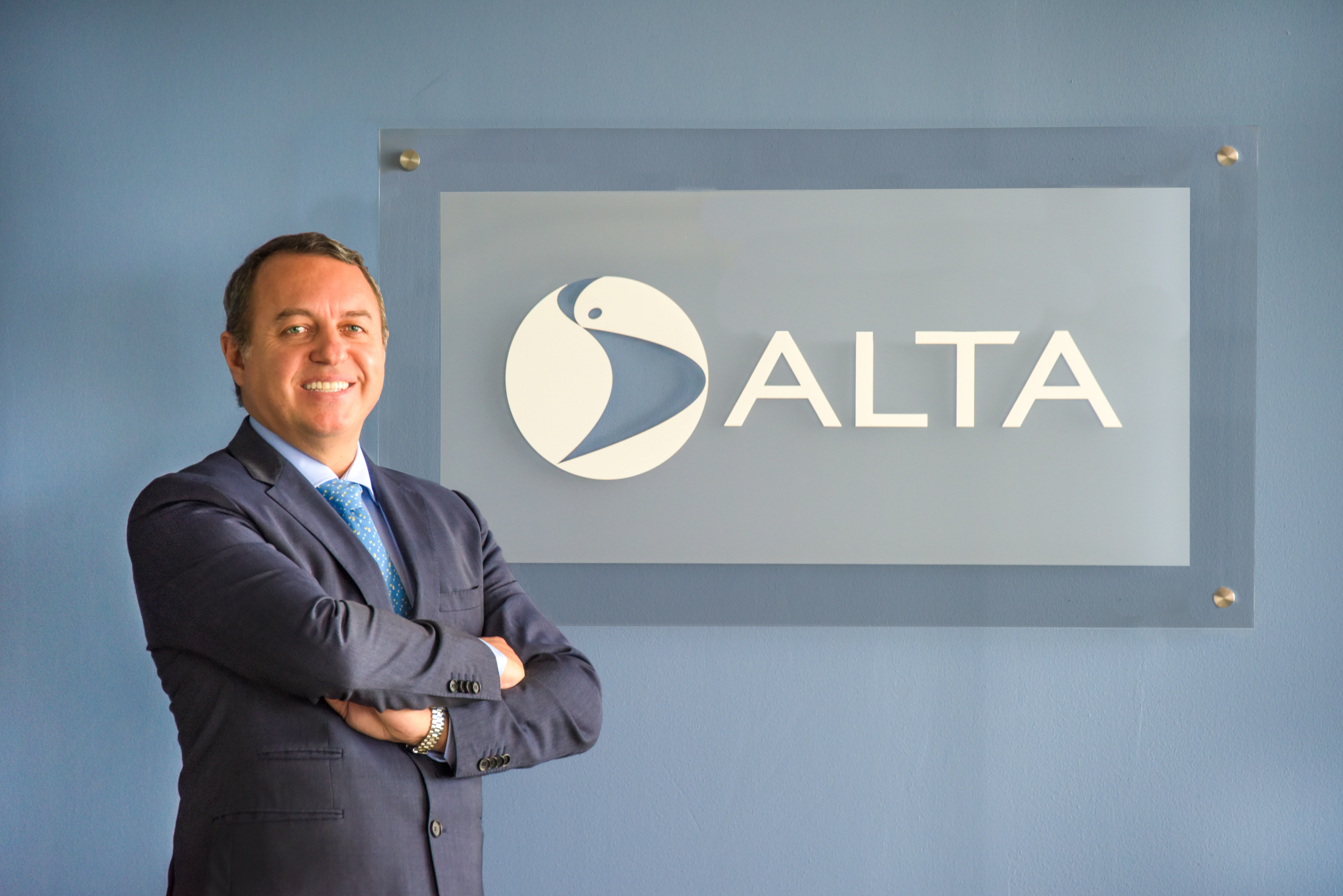It is no coincidence that «competitiveness» has been chosen as the theme of this year’s ALTA Airline Leaders Forum in Brazil’s capital city.
Despite having the «biggest potential» in the region and accounting for around 40% of Latin American GDP, Brazil «is not a competitive country for the industry», ALTA’s executive director Luis Felipe de Oliveira tells FlightGlobal during a mid-October interview.
«As we are here in Brasilia, the heart of the political decision-makers, the idea to focus on these areas, and make people understand the aviation industry in the region… to make the right decisions for the future of the industry,» he states regarding the annual gathering of the Latin American and Caribbean Air Transport Association (ALTA), which takes place on 27-29 October.
De Oliveira met the vice-president of Brazil, Hamilton Mourao, in July to discuss the commercial aviation industry’s role in boosting Brazil’s economic recovery. He hopes to continue the momentum created from that meeting, and other ALTA initiatives, into the Airline Leaders Forum.
Among the most pressing issues, jet fuel in Brazil is «the most expensive in the world», de Oliveria suggests. He explains that the global average in terms of jet fuel’s proportion of airline costs is «around 22.5%».
«In Brazil, it is around 30%,» he says, adding: «Considering the low margins we have here in the industry, that’s really affected us a lot and reduced competitiveness as well.»
De Oliveira notes that ALTA is «working very closely with the Brazilian government in terms of fuel price transparency, [and to] change of the grade of the fuel from Jet A1 to Jet A.»
He also cites the need for reform of the «Brazilian code of aviation», which he describes as «a very old code that limits the operations in terms of length of flights for crew», among other stipulations.
«That is something that needs to be addressed and changed, to adapt to new technologies, new aircraft and new flight routes that can be 19, 20 hours sometimes,» de Oliveira says.
Among other issues, Brazilian airlines also «see the highest level of legal action against them», he states.
«Every single passenger that feels not well treated by the airlines, they can claim something,» de Oliveira claims, adding: «The juries are very [keen] to bring astronomic fines against the airlines… That’s something we need to change as well.»
A wider concern that encapsulates many of the individual issues, de Olivera notes, is that Brazilian airlines lack the «legal security» needed to make investments in the industry. «The low-cost companies… need to have the legal confidence that the market will continue as it is and you won’t have any changes in the near future,» he says…



